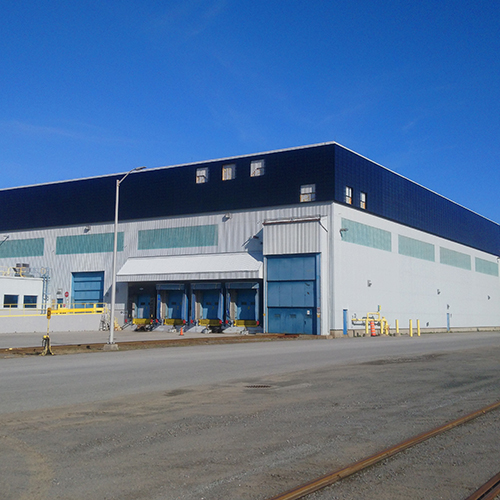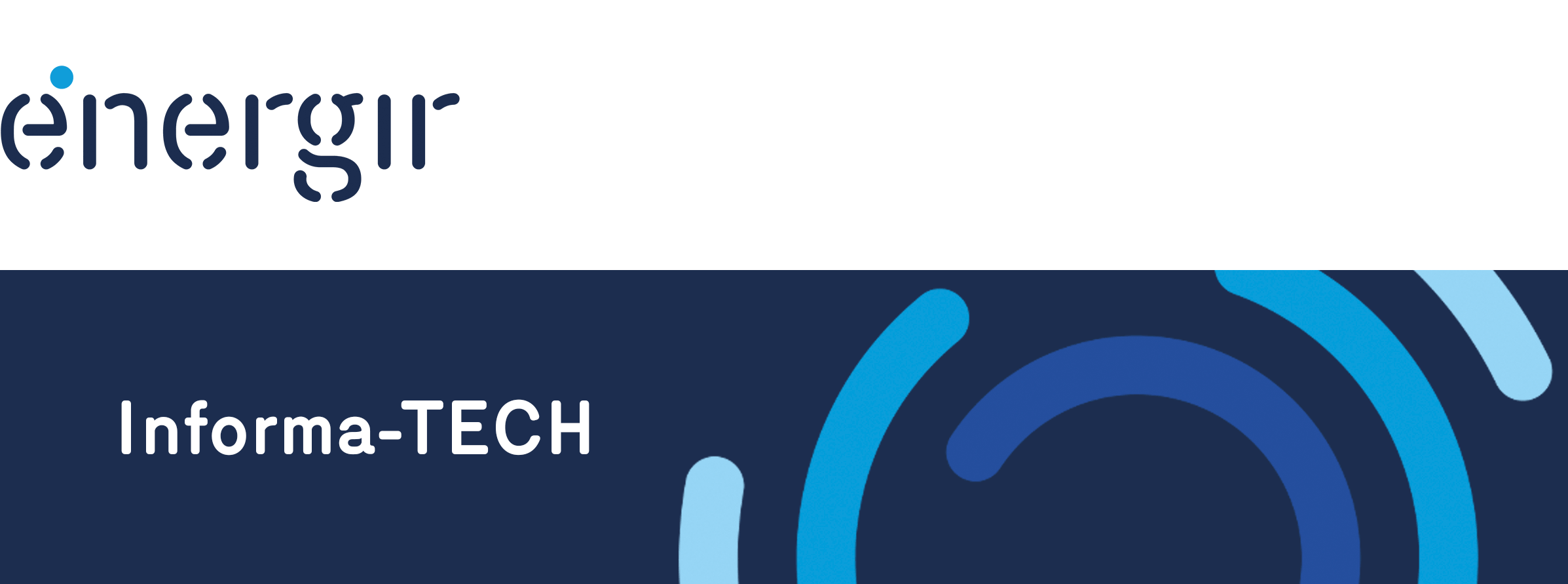Continue reading



The aluminum smelter’s casting centre receives several ovens fed by natural gas that mainly serve to transform pure aluminum into alloy ingots for the automobile industry. The company wanted to increase the building’s ventilation to improve the quality of the indoor air.
To increase the volume of fresh air intake while optimizing the return on its investments, Alcoa Deschambault opted for a solution that combined air mixing units and low-intensity infrared radiant heating units with two solar walls with a total surface area of more than 700 m2.
“This solution enabled us to meet both our fresh air intake and our heating needs during the cold season while maximizing natural gas savings and reducing greenhouse gases, plus it gave us access to financial assistance to ensure the cost-effectiveness of the project,” explains Alexandre Dubreuil, Eng., Director of Environment at the Alcoa de Deschambault aluminum smelter.
The three air mixing units, each with a capacity of 40 000 ft3/min (CFM), were installed on the roof to recover the heat released by foundry activities and redirect it into the building via new ventilation ducts. The units are equipped with temperature sensors, differential pressure sensors and motorized shutters linked to the building’s management system, which was reprogrammed to take these new energy efficiency measures into account. New pressure, CO and NO probes were also added to the control system to ensure optimal air quality inside the casting centre.
Next, the existing natural gas heaters were replaced by seven high-efficiency radiant heating units, each with a capacity of between 175,000 and 220,000 BTU.
Finally, two solar walls were installed on the south-east and south-west facades of the casting centre to increase the intake of fresh air and reduce heating needs. Composed of solar thermal collectors, the walls were also fitted with temperature sensors, differential pressure sensors and motorized shutters connected to the building’s management system.
“Énergir is a long-standing partner of ours,” says Dubreuil. “When they heard talk of our project for the casting centre, Guy Desrosiers, DATECH Engineer at Énergir, suggested solar preheating. Thanks to this innovative technology, we get free, clean and renewable energy to heat the building and reduce our GHG emissions.”
The energy efficiency measures implemented in 2020 have already produced convincing results:
Also, thanks to grants totalling more than $375,000 from Énergir and financial assistance of more than $480,000 from Energy Transition Québec under its EcoPerformance program, the aluminum smelter was able to reduce the payback period (ROI) by half.
“Not only has this project helped us resolve the problem of ventilation in the casting centre, which was the number one objective, it also helped reduce our heating needs. Before, we used to begin heating the building when was 10°C outside; today, thanks to the measures deployed, we don’t need to heat before -2°C. That’s a considerable improvement, which has concrete repercussions on the well-being of our people, on our energy bill and on the environment,” says Alexandre Dubreuil.
In parallel with the energy efficiency project and its continuous improvement in sustainable development, the Alcoa de Deschambault aluminum smelter obtained ISO 50001:2018 certification in May 2021. This voluntary standard is based on the implementation of an energy management system throughout the whole organization aimed at measuring, maximizing and sustaining energy efficiency gains.
“This certification testifies to the efforts of all our personnel in reducing the company’s carbon footprint,” says Dubreuil, who adds that the financial assistance from Énergir and the Canadian government were crucial in obtaining the certification.
With the recent implementation of energy efficiency measures and its ISO 50001 certification, added to its earlier sustainable development initiatives (water management system and ISO 14001:2015 standard), the Alcoa Aluminerie de Deschambault has firmly established itself as a model for other companies in its sector and paves the way toward a greener and more sustainable industry.
Continue reading
© 2024, Énergir